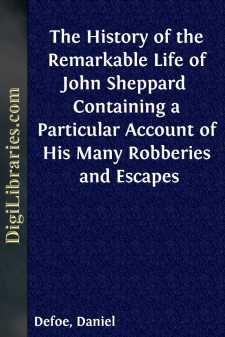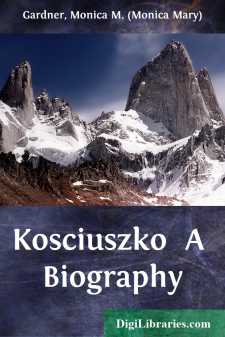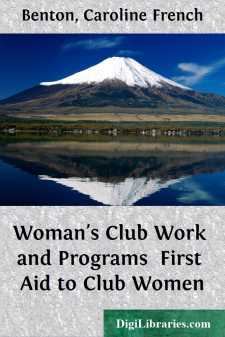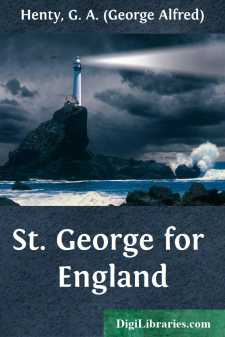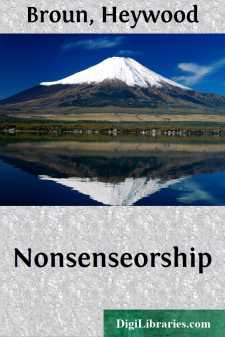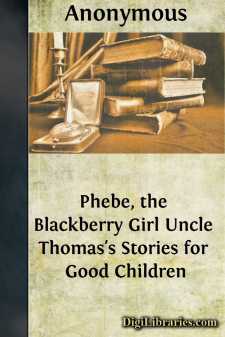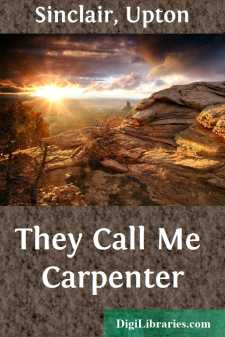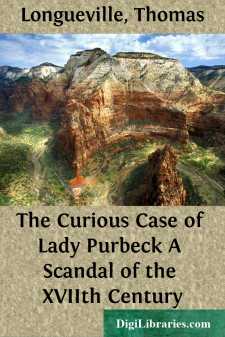Categories
- Antiques & Collectibles 13
- Architecture 36
- Art 48
- Bibles 22
- Biography & Autobiography 813
- Body, Mind & Spirit 142
- Business & Economics 28
- Children's Books 14
- Children's Fiction 11
- Computers 4
- Cooking 94
- Crafts & Hobbies 4
- Drama 346
- Education 46
- Family & Relationships 57
- Fiction 11828
- Games 19
- Gardening 17
- Health & Fitness 34
- History 1377
- House & Home 1
- Humor 147
- Juvenile Fiction 1873
- Juvenile Nonfiction 202
- Language Arts & Disciplines 88
- Law 16
- Literary Collections 686
- Literary Criticism 179
- Mathematics 13
- Medical 41
- Music 40
- Nature 179
- Non-Classifiable 1768
- Performing Arts 7
- Periodicals 1453
- Philosophy 64
- Photography 2
- Poetry 896
- Political Science 203
- Psychology 42
- Reference 154
- Religion 513
- Science 126
- Self-Help 84
- Social Science 81
- Sports & Recreation 34
- Study Aids 3
- Technology & Engineering 59
- Transportation 23
- Travel 463
- True Crime 29
Sort by:
by:
Daniel Defoe
TO THE CITIZENSOF London and Westminster. GENTLEMEN, Experience has confirm'd you in that everlasting Maxim, that there is no other way to protect the Innocent, but by Punishing the Guilty. Crimes ever were, and ever must be unavoidably frequent in such populous Cities as yours are, being the necessary Consequences, either of the Wants, or the Depravity, of the lowest part of the humane Species....
more...
ADAM MICKIEWICZ, THE NATIONAL POET OF POLAND (Published 1911) Daily News.—"Miss Gardner's able study... Lovers of the heroic in history will be grateful to Miss Gardner for her account of this noble enthusiast." (Rest of review, of more than a column, analysing the matter of the book.) Scotsman.—"So little is known in this country about Polish literati that a book which tells the...
more...
HOW TO BEGIN CLUB WORK The time has long since passed when a special plea is needed for the existence of women's clubs, for actual demonstration has proved their worth to the individual and to society. Multitudes of women on farms, on remote ranches, in little villages, in great cities, have felt their impetus to a broader and more useful life. They have instructed those of limited education; they...
more...
CHAPTER I: A WAYFARER It was a bitterly cold night in the month of November, 1330. The rain was pouring heavily, when a woman, with child in her arms, entered the little village of Southwark. She had evidently come from a distance, for her dress was travel-stained and muddy. She tottered rather than walked, and when, upon her arrival at the gateway on the southern side of London Bridge, she found that...
more...
by:
Heywood Broun
WE HAVE WITH US TODAY At current bootliquor quotations, Haig & Haig costs twelve dollars a quart, while any dependable booklegger can unearth a copy of "Jurgen" for about fifteen dollars. Which indicates, at least, an economic application of Nonsenseorship. Its literary, social, and ethical reactions are rather more involved. To define them somewhat we invited a group of not-too-serious...
more...
by:
Anonymous
“Why, Phebe, are you come so soon,Where are your berries, child?You cannot, sure, have sold them all,You had a basket pil’d.”“No, mother, as I climb’d the fence,The nearest way to town,My apron caught upon a stake,And so I tumbled down.“I scratched my arm, and tore my hair,But still did not complain;And had my blackberries been safe,Should not have cared a grain.Phebe and her Mother.“But...
more...
by:
Upton Sinclair
I The beginning of this strange adventure was my going to see a motion picture which had been made in Germany. It was three years after the end of the war, and you'd have thought that the people of Western City would have got over their war-phobias. But apparently they hadn't; anyway, there was a mob to keep anyone from getting into the theatre, and all the other mobs started from that....
more...
CHAPTER I. "After this alliance,Let tigers match with hinds, and wolves with sheep,And every creature couple with its foe."Dryden. The political air of England was highly charged with electricity. Queen Elizabeth, after quarrelling with her lover, the Earl of Essex, had boxed his ears severely and told him to "go to the devil;" whereupon he had left the room in a rage, loudly...
more...
by:
Georgie Sheldon
CHAPTER I. A NEW DISCOVERY DEEPENS A MYSTERY. When Mrs. Montague entered her room, an hour after Mona went up stairs, there was a deep frown upon her brow. She found Mona arrayed in a pretty white wrapper, and sitting before the glowing grate reading a new book, while she waited for her. "What are you sitting up for, and arrayed in that style?" she ungraciously demanded. "I thought you...
more...
by:
Anthony Hope
CHAPTER I. A PIOUS HYPERBOLE. Before my coronation there was no event in childhood that impressed itself on my memory with marked or singular distinction. My father's death, the result of a chill contracted during a hunting excursion, meant no more to me than a week of rooms gloomy and games forbidden; the decease of King Augustin, my uncle, appeared at the first instant of even less importance. I...
more...


